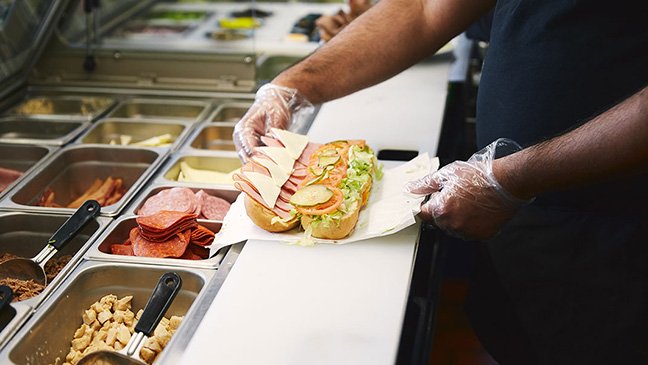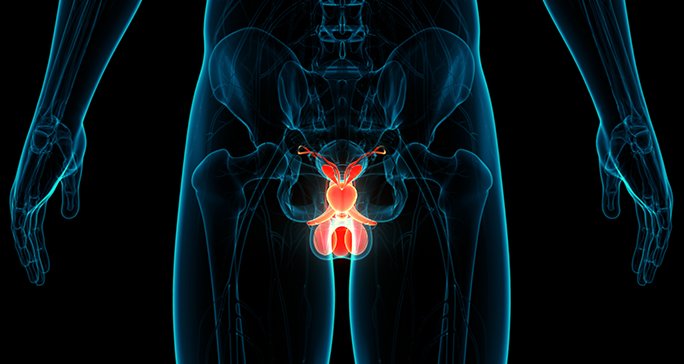- Diseases
- Acoustic Neuroma (14)
- Adrenal Gland Tumor (24)
- Anal Cancer (68)
- Anemia (2)
- Appendix Cancer (16)
- Bile Duct Cancer (26)
- Bladder Cancer (72)
- Brain Metastases (28)
- Brain Tumor (232)
- Breast Cancer (714)
- Breast Implant-Associated Anaplastic Large Cell Lymphoma (2)
- Cancer of Unknown Primary (4)
- Carcinoid Tumor (8)
- Cervical Cancer (158)
- Colon Cancer (166)
- Colorectal Cancer (118)
- Endocrine Tumor (4)
- Esophageal Cancer (44)
- Eye Cancer (36)
- Fallopian Tube Cancer (8)
- Germ Cell Tumor (4)
- Gestational Trophoblastic Disease (2)
- Head and Neck Cancer (12)
- Kidney Cancer (128)
- Leukemia (342)
- Liver Cancer (50)
- Lung Cancer (286)
- Lymphoma (278)
- Mesothelioma (14)
- Metastasis (30)
- Multiple Myeloma (100)
- Myelodysplastic Syndrome (60)
- Myeloproliferative Neoplasm (6)
- Neuroendocrine Tumors (16)
- Oral Cancer (100)
- Ovarian Cancer (172)
- Pancreatic Cancer (160)
- Parathyroid Disease (2)
- Penile Cancer (14)
- Pituitary Tumor (6)
- Prostate Cancer (146)
- Rectal Cancer (58)
- Renal Medullary Carcinoma (6)
- Salivary Gland Cancer (14)
- Sarcoma (238)
- Skin Cancer (296)
- Skull Base Tumors (56)
- Spinal Tumor (12)
- Stomach Cancer (64)
- Testicular Cancer (28)
- Throat Cancer (92)
- Thymoma (6)
- Thyroid Cancer (98)
- Tonsil Cancer (30)
- Uterine Cancer (80)
- Vaginal Cancer (16)
- Vulvar Cancer (20)
- Cancer Topic
- Adolescent and Young Adult Cancer Issues (20)
- Advance Care Planning (10)
- Biostatistics (2)
- Blood Donation (18)
- Bone Health (8)
- COVID-19 (362)
- Cancer Recurrence (120)
- Childhood Cancer Issues (120)
- Clinical Trials (632)
- Complementary Integrative Medicine (22)
- Cytogenetics (2)
- DNA Methylation (4)
- Diagnosis (232)
- Epigenetics (6)
- Fertility (62)
- Follow-up Guidelines (2)
- Health Disparities (14)
- Hereditary Cancer Syndromes (126)
- Immunology (18)
- Li-Fraumeni Syndrome (8)
- Mental Health (116)
- Molecular Diagnostics (8)
- Pain Management (62)
- Palliative Care (8)
- Pathology (10)
- Physical Therapy (18)
- Pregnancy (18)
- Prevention (918)
- Research (392)
- Second Opinion (74)
- Sexuality (16)
- Side Effects (604)
- Sleep Disorders (10)
- Stem Cell Transplantation Cellular Therapy (216)
- Support (402)
- Survivorship (320)
- Symptoms (182)
- Treatment (1786)
36 foods that can help lower your cancer risk
4 minute read | Published February 20, 2025
Medically Reviewed | Last reviewed by Lindsey Wohlford on February 20, 2025
Is there such a thing as a cancer-fighting food? Can certain foods actually prevent cancer?
Unfortunately, the answer is "no." There is no food that can starve a cancer cell or lower your risk of developing cancer to zero. Eating healthy foods may reduce your cancer risk but won't eliminate it entirely.
"There are many different causes of cancer," says wellness dietitian Lindsey Wohlford. "But no single food can magically reduce your risk of developing it.”
To reduce your cancer risk through your food choices, Wohlford says it’s best to:
- Focus on foods that come from plants, including vegetables, whole grains, beans, seeds, nuts, fruit and plant-based proteins.
- Make choices that will help you manage your weight.
- Avoid food and drinks that are known to increase your cancer risk.
What are ‘cancer-fighting foods?’
When you see a list of foods described as "cancer-fighting," they are often plants loaded with phytochemicals, also called phytonutrients. Phytochemicals are natural compounds in plants that can help prevent chronic diseases like cancer.
The list is usually topped by:
- berries
- broccoli
- tomatoes
- walnuts
- grapes
- other vegetables, seeds, beans, whole grains, fruits and nuts
"If you look at the typical foods that reduce cancer risk, it's pretty much all plant foods that contain phytochemicals," says Wohlford.
But she cautions shoppers not to focus on a specific list of "cancer-fighting" foods because you might miss out on all other healthy options in the produce section.
"Keep in mind that more than 4,000 phytochemicals have been discovered and researched," Wohlford says. "There's not any one superfood that contains them all. And each one offers different benefits and functions."
The best way to maximize your cancer-fighting food list is to include a variety of plant foods in a variety of colors. That way, you’ll get the most benefits.
“Research tells us that making healthy food choices consistently over time can reduce your risk of getting cancer,” Wohlford adds. “But we can't say with absolute certainty that any particular food can prevent cancer.”
Make a healthy food list to help you manage your weight
Eating too much of anything can increase your body fat ratio, which, in turn, can increase your cancer risk. Excess body weight is linked to more than 10 different types of cancer. But foods that are lower in calories and sugar and higher in fiber can help you manage your weight.
“All of those things reduce the number of calories you consume,” says Wohlford. “Maintaining a healthy body weight is one of the most important things you can do to reduce your cancer risk."
Before you head to the grocery store, keep these tips in mind. They can help you make healthier choices once you get there.
- Keep your menu simple. You don’t need a complicated list of ingredients to make a healthy, tasty meal.
- Don't be afraid of frozen vegetables or fruit. As long as they’re not packed in sauce or juice, frozen vegetables and fruits can have just as many nutrients as fresh ones.
- Choose whole grains. Fiber is important for blood sugar control and weight management.
- Choose foods that reduce inflammation. These include fatty fish like salmon and sardines, whole grains like brown rice and probiotics like yogurt and kombucha.
One more tip: Choose whole foods first. And, if you’re considering buying something in a package, read the nutrition label .
“Look for packaged foods that contain the fewest ingredients,” Wohlford says. “If an item has more than two or three, think about a different choice.”
The nutrition label will also give you valuable information about the salt and sugar content of the foods you’re considering.
Foods that can increase your cancer risk
Just as there are foods that can reduce your cancer risk, there are also foods that can increase it. Make it a point to steer clear of the following when you go grocery shopping.
- Avoid processed meat. Processed meats like hot dogs, bacon and any meat you find at the deli counter have compounds in them that can cause cancer. Even processed meats that say they are “nitrate-free” or “uncured” should be avoided.
- Limit red meat. Aim for no more than 18 ounces of cooked red meat per week. Instead, choose lean chicken, fish or a plant-based protein.
- Avoid alcohol. For cancer prevention, it’s best not to drink alcohol. If you choose to drink, be aware of the risks, aim to drink less often and have fewer drinks.
One final tip: plan to fill two-thirds of every plate with vegetables, fruits and whole grains.
You won’t eliminate your cancer risk by eating certain foods. But if you focus on eating balanced, healthy meals and maintaining a healthy body weight, that will go a long way toward reducing your overall risk.
“The more you can avoid processed foods, the healthier you are going to be, across the board,” notes Wohlford. “Sodas, coffee drinks, sports drinks, and other beverages with a lot of added sugars can make us gain weight. Obesity is a risk factor for many different cancers. So, just by cutting out those products, we can better manage our weight and reduce our cancer risk.”
Request an appointment at MD Anderson online or call 1-877-632-6789.

We can't say with absolute certainty that any food can prevent cancer.
Lindsey Wohlford
Wellness Dietitian





